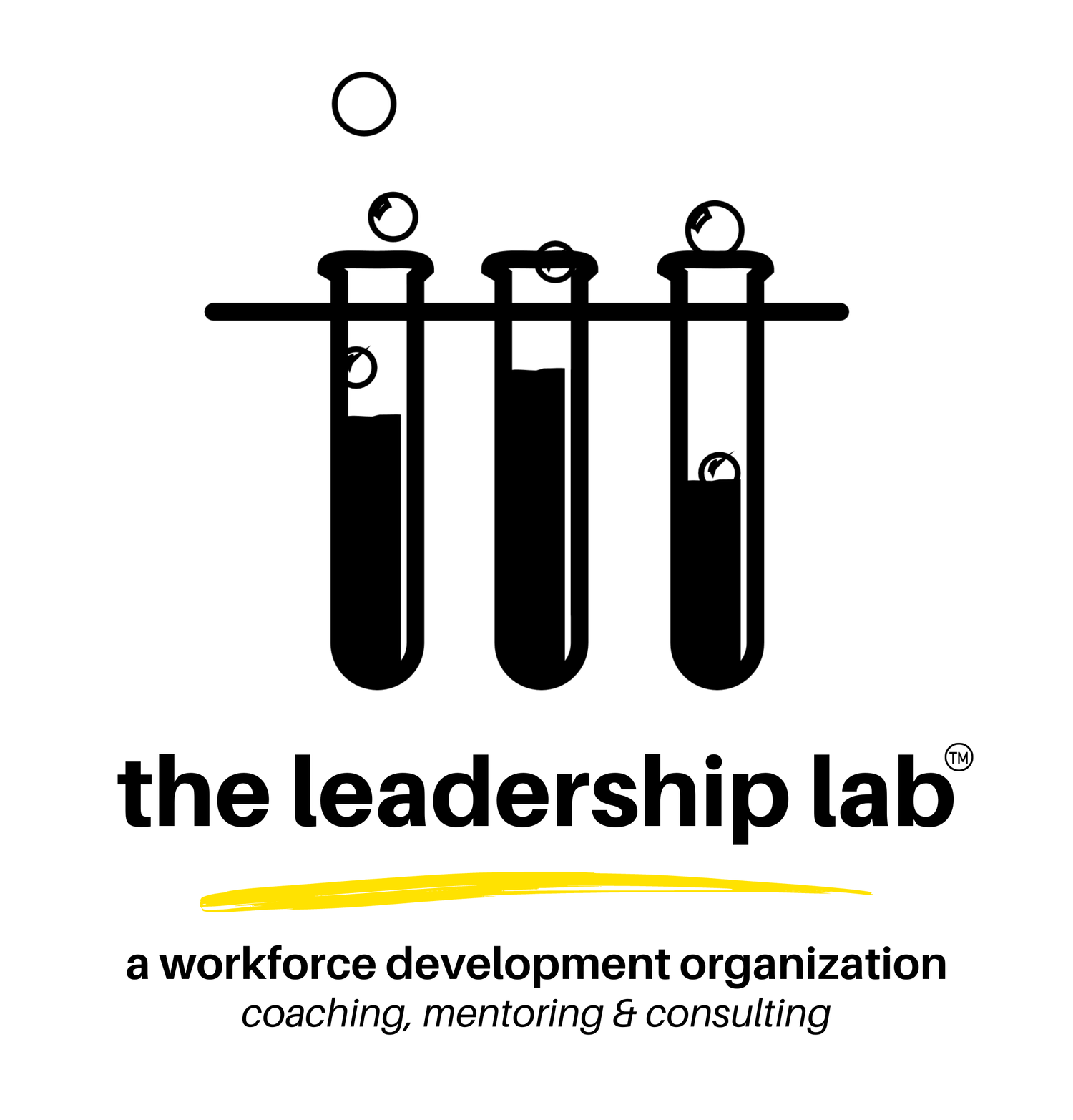Ah! Imagine your first day at a new dream job. You couldn’t be more excited. You woke up extra early, put on your favorite work outfit, and are on your way to your new office (or maybe waiting to get on a Zoom call with your new boss). Then you suddenly feel nervous and worried that you’re going to make a mistake on your first day. Everyone experiences the same anticipation when starting a new job. Although it can be nerve-wracking, the early few days and weeks of being in a unique position usually go smoothly and without significant mishaps. However, there are instances when employees do make mistakes that can become unwanted blemishes in their careers. We’ve put together five common mistakes that new employees should avoid at all costs:
Comparing your old workplace to your new workplace
“We used to do it another way. Let me show you.” “Oh, that’s not how we handled that type of situation. A more effective way would be like this.” These are some thoughts that might pop into your head when you start a new job. You might even be tempted to share these thoughts on your first (or second or third) day. Don’t! Even if you genuinely believe that your old workplace has a better way of doing something, this is not something you share in the first few days or even weeks at a new job.
As a new employee, your task is to learn as much as you can about your modern workplace while bringing your previous experience to the table. Come up with the best of both worlds that will make your new workplace even better. Your job is not to criticize what you see. You don’t want to step on anyone’s toes or offend your co-workers right when you’re starting a new job. Being positive and giving constructive criticism after learning more about your new company is a much better way of creating positive change in your current workplace.
2. Not asking questions when you are unsure of something.
Of course we want to make a good first impression when we start a new job. You might think that you’re required to know everything related to your job is on your first day. However, part of becoming a better employee is asking questions. Don’t be afraid to speak up when you are unsure of something or when you don’t quite understand the logic behind a procedure. Learning from others who are more experienced will only help you become better in your new role. “Ask questions now to avoid mistakes later” is always an excellent statement to keep in mind. When you ask questions, you also show that you are open to learning about your new role and eager to improve, a good trait for any employee.
3. Keeping to yourself
Some people prefer to keep to themselves in general, which is normal. However, when you’re a new employee, you should set aside this tendency and exert some effort to know your co-workers better. If you’re an introvert and would rather spend time by yourself, try to find opportunities to socialize and meet your team. Please agree to that invitation for lunch or coffee. Learn more about the people with whom you’re going to work. It also shows that you’re open and willing to work as a team. Please take this as a perfect opportunity to ask them questions and learn more about company culture. You’ll probably even pick up some helpful tips that you might not know on your own – like the best time to approach your boss or which nearby coffee shop serves the best latte.
4. Sticking only to your job description
In those first few moments of your new dream job, be open and ready to go beyond your job description. Yes, your company hired you to do a specific job, but this doesn’t mean that you should limit yourself to just that. If your boss asks you for help on another project beyond your scope of work, should you decline? Definitely not. Of course, if the company hired you to be a sales manager and your boss asks you to drop off his dry cleaning, that’s a different story. If your manager asks you to do tasks beyond your stated responsibilities, but you know it will help the organization as a whole, say yes! Show your new workplace and colleagues that you’re a team player and willing to contribute to the entire company.
5. Forgetting your soft skills
What are soft skills? These are essential skills, like time management, dependability, conflict resolution, and work ethic. These are arguably even more important than having the technical skills needed for a particular job. Here are a few easily forgotten but necessary courtesies: being on time, keeping your private life separate from your work life, finishing tasks on or before deadlines, and being considerate and polite to your workmates. Doing these things demonstrate the respect you have for your new workplace and the people around you. Not only are these critical for new employees, but they are also crucial for all employees.
Make sure to avoid these five common mistakes, and you’ll have a smooth transition into your new job. The first few weeks, or months, of anything new is always exciting with its share of anxious moments. Always keep these common mistakes in mind to help avoid any problems. Starting a new job means you have a fresh start, and you can spend this time becoming the kind of employee and person you want to be. You want to make a good impression yet at the same time be true to yourself. With these tips, you can stay positive and continue your journey into a fulfilling career ahead.

